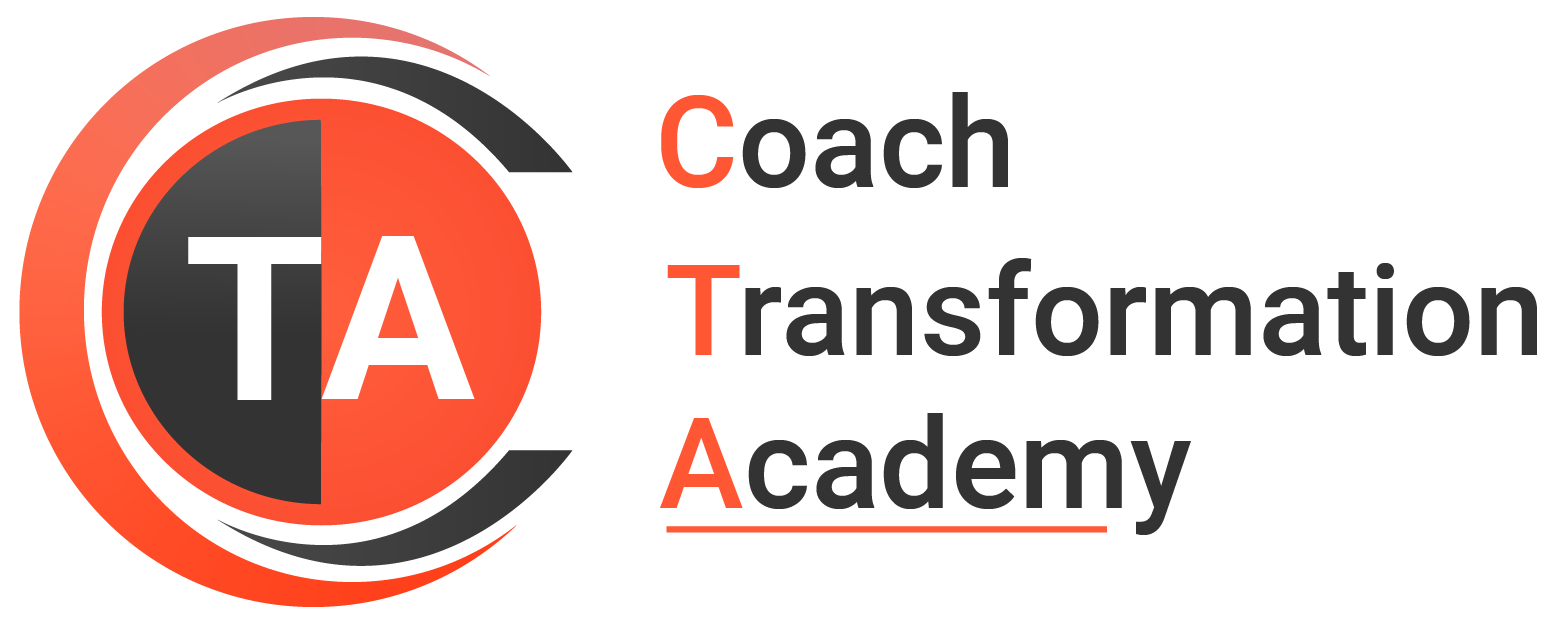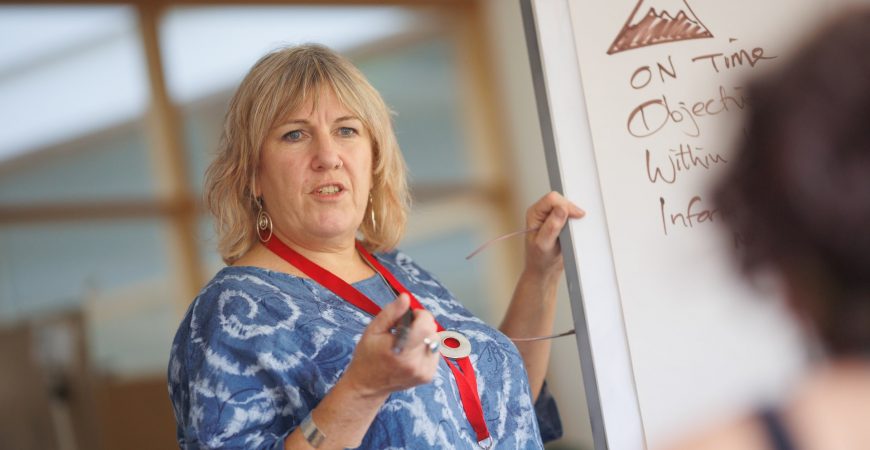So, you got certified and started your practice and now you have a steady stream of clients in and out of your doors, seeking your coaching expertise. You have a professional-level certification, and recently you got your PCC credentials from the ICF. Things have been good, but they can be better! What are your thoughts about master coaching? Do you want to earn mastery in your coaching endeavors? Continue to read this blog to know why and when to consider getting to the master’s level.
Define master coaching
Like every other form of career or profession, coaching has levels too. International Coaching Federation designates master coaching to be the highest level in the practice. A coach with more than 2500 hours of coaching experience is awarded the Master Coach Credential by ICF. As coaching is still an unregulated industry, many coaches call themselves call Master Coach merely for their expertise and experience.
A master coach empowers the clients and offers them motivation and the tools so they can realize the problems, address them, and create a strategy to overcome them. A master coach helps individuals and organizations maximize their inherent potential and become their best version.
When can you become a master coach?
It’s the coach-specific training hours and the practice hours that decide one’s level as a coach. You can only become an ICF master coach after fulfilling the following requirements:
- Coach-specific training of 200 hours.
- Direct coaching experience of 2500 hours. Out of that 2250 hours have to be paid by your clients.
- A minimum of 10 mentoring hours.
Apart from that, when applying for credentialing you need to submit the recordings and transcript of your sessions for evaluation and pass the Coach Knowledge Assessment.
Only after completion of these can you become a master coach.
Why become a master coach?
- Who doesn’t seek progress in their career? Master coaching paves the way for your growth as a coaching professional. It helps with upskilling and learning new tools and techniques.
- With proper certification and credentials, you can expect to earn 10x more than an associate or professional level coach.
- Becoming a master coach also boosts your confidence level, guaranteeing better growth as a person and coach.
- You will attract more clients through a master-level coaching certification and credentials.
- It expands your network, connecting you with more master coaches.
What do you have to do for becoming a master coach?
Constant upskilling as a coaching professional is the key to gaining the master coach designation. Here are a few things to do.
- You must stay committed to the process of learning and dedicate sufficient time to the practice.
- The upward trajectory of your career will be determined by the goals you set for yourself. So, set achievable goals. It’s okay to be slow, but your climb to the top should be steady.
- When a person enrolls in coach training, it opens access to multiple tools and techniques that will help the aspirant hone essential coaching skills. To become a master coach, you need to make the best of those resources while undergoing training and during practice.
- Stay connected with peer groups within the coaching community. Peer coaching offers insight and necessary support from fellow professionals.
Get started
Your journey towards master coaching begins the day you enroll in a coach training program. So, the institute you choose has a significant role to play. Are you looking for an accredited institute? Coach Transformation offers a Master Coach certification program for coaches who want to gain expertise in their own niche and work towards ICF MCC. Check out more details on our master coaching program here.







